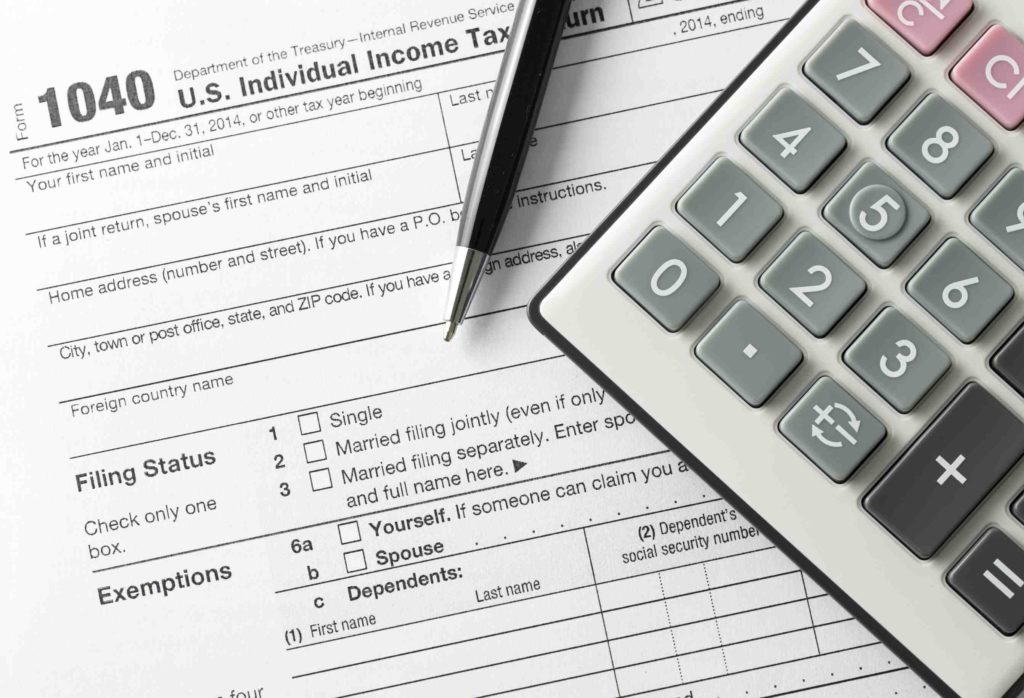
Now that April is well behind us, most folks don’t tend to have taxes on the brain. But if it comes to your attention that you made a mistake on the tax return you submitted several months back, it’s not too late to amend it. In fact, you get three years from the date your original return was due to file an amendment, but it generally pays to do so as soon as you come to realize your return contains an error. Here are a few common reasons to amend a tax return.
1. You received an updated W-2 or 1099 after the fact
If you were a salaried employee during the 2017 tax year, you no doubt received a W-2 from your employer earlier this year whose information played a pivotal role in determining whether you owed money to the IRS or were due a refund. And if you earned $600 or more last year from a single company as an independent contractor, you should’ve received a 1099 form summarizing that income.
Now when most people get these forms, they move forward with their taxes under the assumption that they’re accurate. But sometimes employers make mistakes, and so if you received a corrected W-2 or 1099 after filing your taxes, you’ll need to amend your return to reflect whatever update that form contained.
2. You forgot to include an investment loss on your original return
Maybe you sold an investment at a loss at some point during 2017 but forget about it after the fact. If you’re first realizing now that you had a loss to claim, it pays to go through the motions of filing an amended return. That’s because investment losses can be used to offset different types of taxable income, thereby reducing your total burden.
If you reported investment gains last year, your loss can be used to lower them or knock them out completely, depending on how the numbers shake out. And if your net investment loss exceeded the amount you saw in gains, you can use the remainder to offset up to $3,000 in ordinary income.
Of course, most people won’t forget to claim a loss on investments if it was sizable in nature. But even if your loss was relatively small, it still pays to get it onto your return and save some money in the process.
3. You neglected to claim the right deductions and credits
There’s a world of credits and deductions available to tax filers, but if you weren’t well-versed on them when you filed your return, you may have missed out on some lucrative ones. If it comes to your attention that you neglected to write off certain expenses or snag a credit you were entitled to, it absolutely pays to get your tax return amended.
Keep in mind that there were a bunch of tax breaks that were eliminated as of 2018, like the moving expense deduction and the unreimbursed job expense deduction. However, if you incurred those expenses in 2017, you were still eligible to claim them this year on your 2017 taxes, so comb through your records, see if you missed anything, and amend your return accordingly.
Though filing an amended tax return does require an extra step, the process is relatively simple. Just download Form 1040X, which is the Amended U.S. Individual Income Tax Return, and follow its associated instructions. Keep in mind that you’ll need to include whatever supporting documentation backs up your amendment, and that if your amendment obligates you to pay more taxes, you’ll need to send the IRS its money. The good news, however, is that you don’t need to redo your entire tax return if you’re filing an amendment; you only need to address the specific parts that were erroneous.
One final thing: It’s sometimes the case that changes to a federal tax return can impact a state return, so once you file that amendment, take another look at your state income taxes and see if corrections are necessary there. After all, if you’re going to make an effort to set things straight, you might as well be thorough.